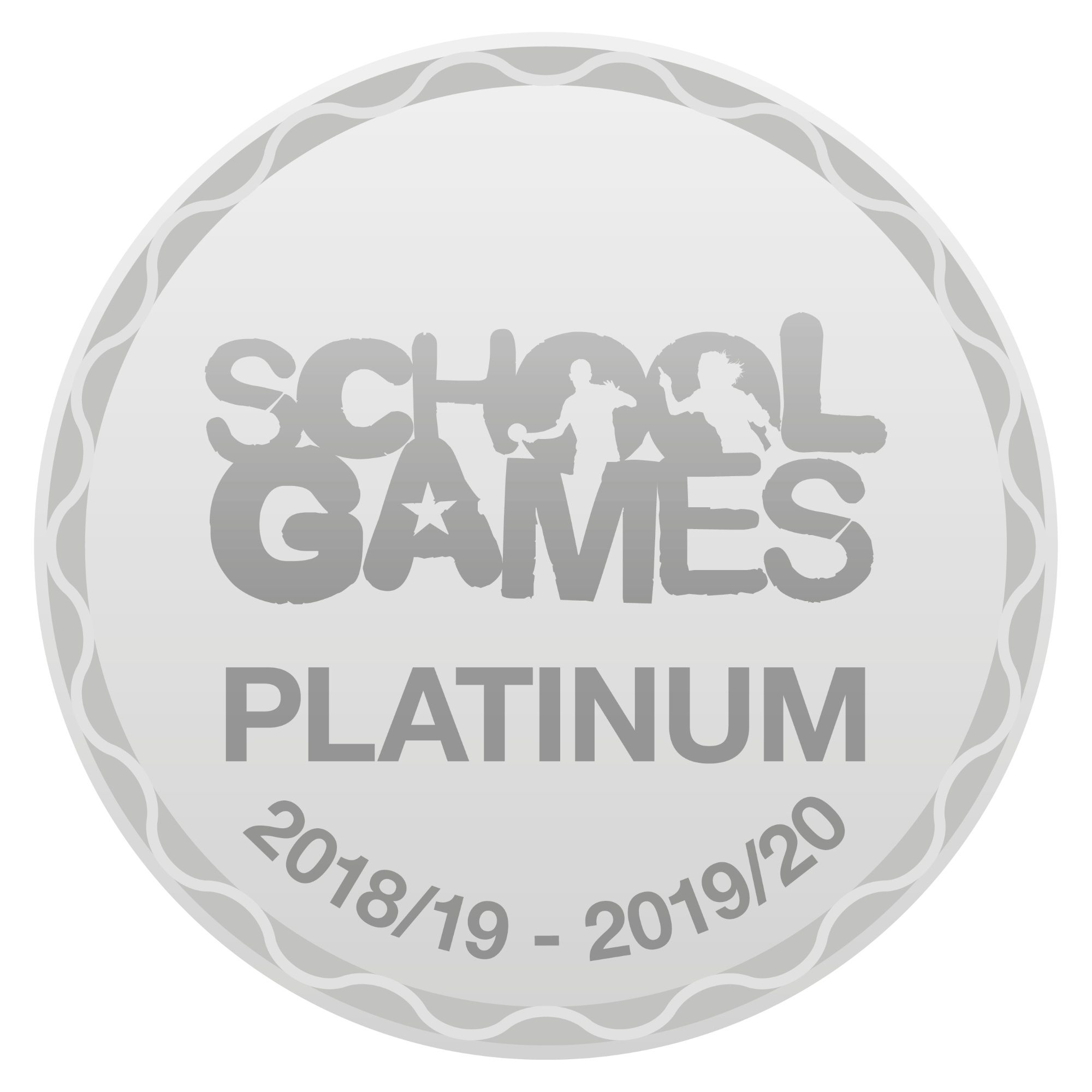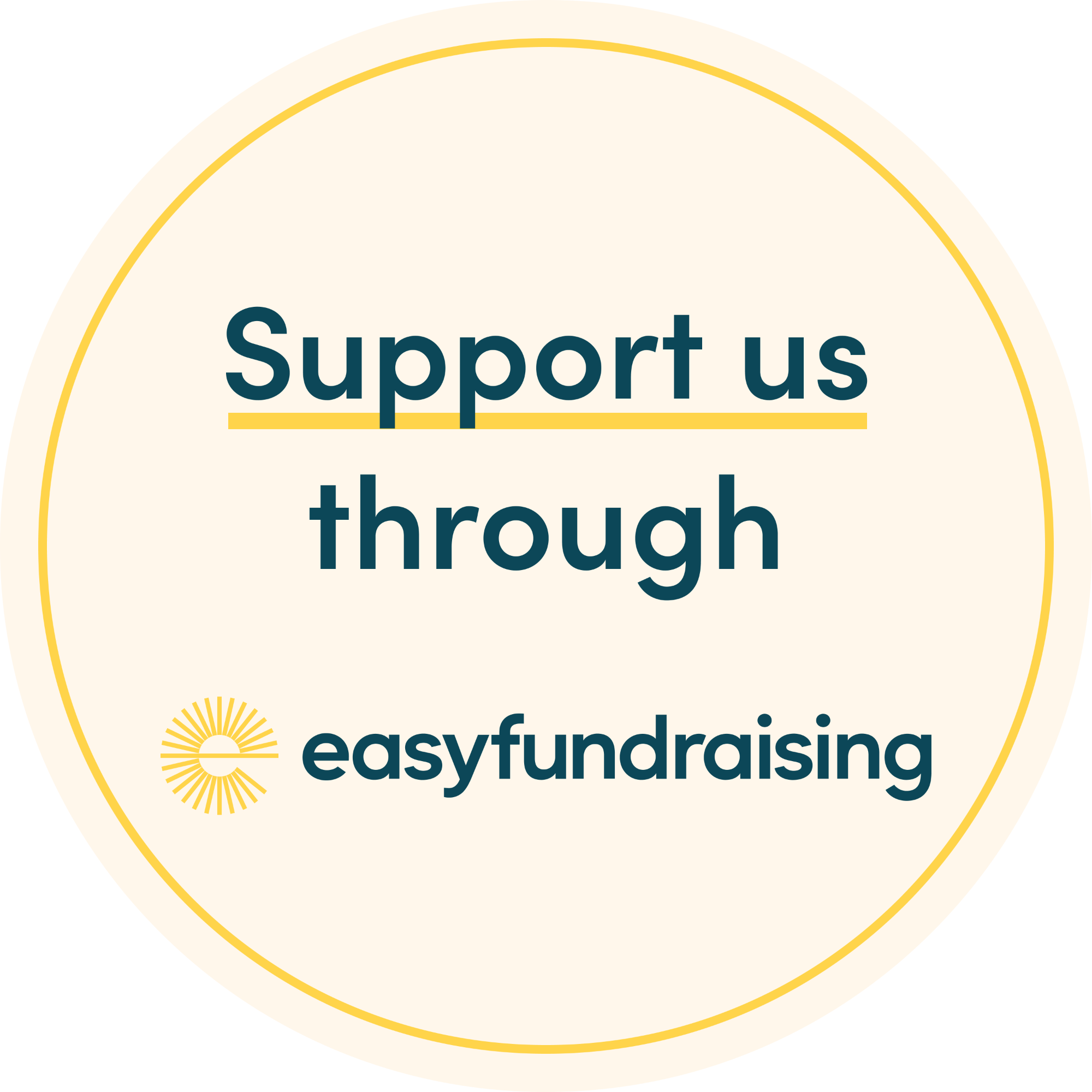Maths
Maths Curriculum Statement
At St Edmunds and St Josephs, we use a mastery approach to teaching mathematics, aiming to provide all pupils with a deep, secure understanding of Maths. All children are taught the same objective and undertake the same tasks, but these will be adapted to support and extend each individual’s learning requirements.
Every lesson is founded upon three key principles
- Developing mathematical fluency in basic number facts, mental calculations and written methods.
- Enabling children to reasoning effectively about their mathematical understanding and apply this to their problem solving.
- Developing a clear, rich understanding of mathematical vocabulary, which is essential to reasoning.
We use the White Rose Maths materials as our planning and teaching tools. These resources follow a conceptual topic approach, of 2-6 week unit blocks, with each unit being broken down into small teaching steps in line with research about working memory and cognitive load.
At the start of every topic, children are provided with a Knowledge Organiser, which emphasises the key knowledge, mathematical representations and vocabulary that must be learnt by the end of the unit. The federation calculation policy provides exemplification of the strategies to be taught and concrete models to ensure consistency across the school.
A typical maths lesson will contain:
- Magic 10 –rapid recall / practice of key number facts to develop fluency.
- Identification and exploration of specific vocabulary linked to the unit.
- Teaching Input – based upon small step progression mentioned above, involving the learning of new concepts through Bruner’s CPA approach (Concrete, Pictorial and Abstract representations)
- Modelling and practice of new concepts through the apprenticeship approach ‘I do’ (Teacher modelled), ‘We Do’ (shared practise), ‘You Do’ (Independent practise)
Online Learning
In Early Years and Key Stage 1, children are introduced to Numbots, an online program which develops children’s knowledge of key number facts through subitising (promptly recognising quantities), number bonds and addition and subtraction facts.
When the multiplication tables are introduced during Summer Term in Year 1, children are introduced to Times Table Rock Stars, which encourages children to develop their fluency in the multiplication tables – the program automatically adapting to each child ability. This is used throughout the rest of their primary education.
All children are provided with a log in to Mathletics, a program providing a range of activities (skill-based, task and problem solving activities) across all topics of the maths curriculum.
Teachers set regular, weekly, home learning activities across all three programmes.











